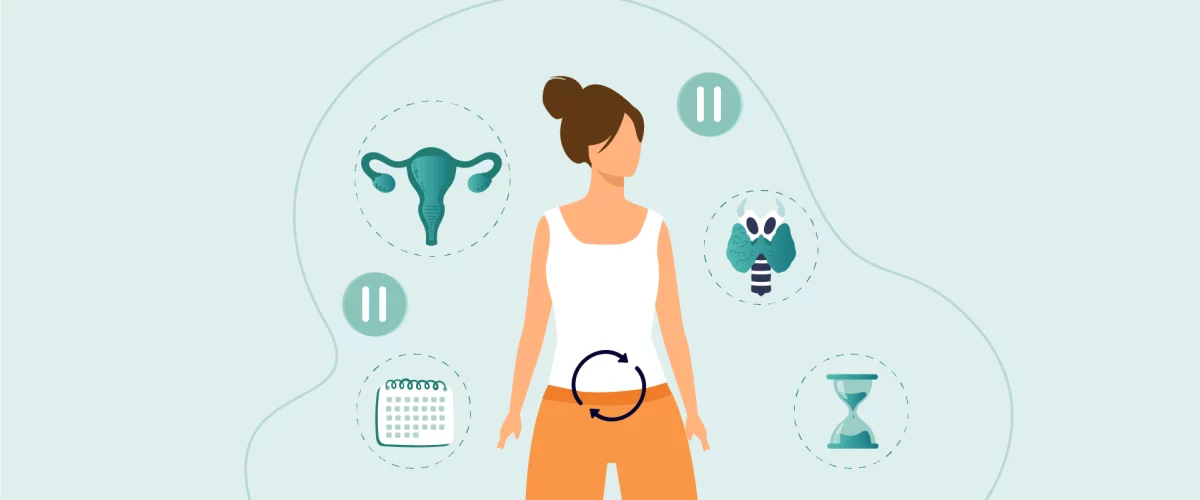Have you ever experienced dry eyes following hormonal changes? You may well have done, as there is a link between hormones and dry eye.
What is the link between hormones and dry eye?
Hormones—especially female sex hormones such as oestrogen and progesterone—can have an impact on tear production and eye health in general. Both of these hormones play an important role in regulating tear production and ocular lubrication.
The lacrimal glands are responsible for the production of tears, which are essential for keeping the eyes hydrated and lubricated. Oestrogen is a hormone that can affect the stimulation of these glands, since it helps ensure that enough tears are produced.
Unstable oestrogen levels can therefore affect the eyes, causing conditions such as dry eye, due to a reduction in lacrimal gland stimulation. Tears hydrate the cornea as we blink. So if the glands are producing fewer tears, the eyes will be less hydrated and you may suffer from dry eye. Balanced hormone levels therefore contribute to better lubrication of the ocular surface via better tear production.
At different times in your life, you may undergo hormonal changes that can lead to dry eye. The symptoms are numerous, including a dry, gritty or burning sensation in the eyes and sensitivity to light.
Which circumstances can lead to dry eye?
- Menstruation
During their menstrual period, when oestrogen levels are low, some women may experience a decrease in tear production, which may be accompanied by an increase in eye discomfort, including dry eye.
- Pregnancy
Hormonal fluctuations during pregnancy can influence tear production and lead to dry eye symptoms. It is important to note that dry eye symptoms during pregnancy are usually temporary and disappear after the birth, when hormone levels begin to normalise.
- Thyroid disorders
The thyroid gland is responsible for the production and regulation of thyroid hormones in the body. Thyroid imbalances, such as hypothyroidism (insufficient thyroid function) and hyperthyroidism (excessive thyroid function), can impact different parts of the body, including the eyes. In any case, when there is thyroid dysregulation, this can be accompanied by dry eye.
- Menopause
From the onset of premenopause and during menopause, when oestrogen levels decrease significantly, women may be more prone to dry eye symptoms. This decrease in oestrogen can lead to reduced tear production.
- Middle age in men
While it is primarily female hormones that can have an impact on dry eye, age in general is also a factor in dry eye disease. As a result, men can also be affected. A decrease in tear production can be noted with age, since the tear glands become less active.
A few tips for limiting dry eye
- In certain cases, you can consult a doctor to try to regulate your hormone levels, for example if you have thyroid problems.
- Use artificial tears to lubricate the ocular surface regularly. It is essential to choose eye drops that are free from preservatives, as these are harmful to the eyes. Innovative technologies, such as IPL, may also be offered by your ophthalmologist.
- Try to protect your eyes from external factors. Glasses can prevent wind, sun and smoke from harming your eyes.
- Attend to eyelid hygiene regularly. This involves three steps: heating, massage and cleaning. Click here to see our tutorial.
- Don’t forget to blink fully, which will help to hydrate your eyes by spreading out the tear film. You are advised to blink once every four seconds. If you do not blink regularly enough, you can perform blinking exercises by following our tutorial (click here).
IF YOU ARE SUFFERING FROM DRY-EYE ISSUES, PLEASE SEE AN OPHTHALMOLOGIST.





